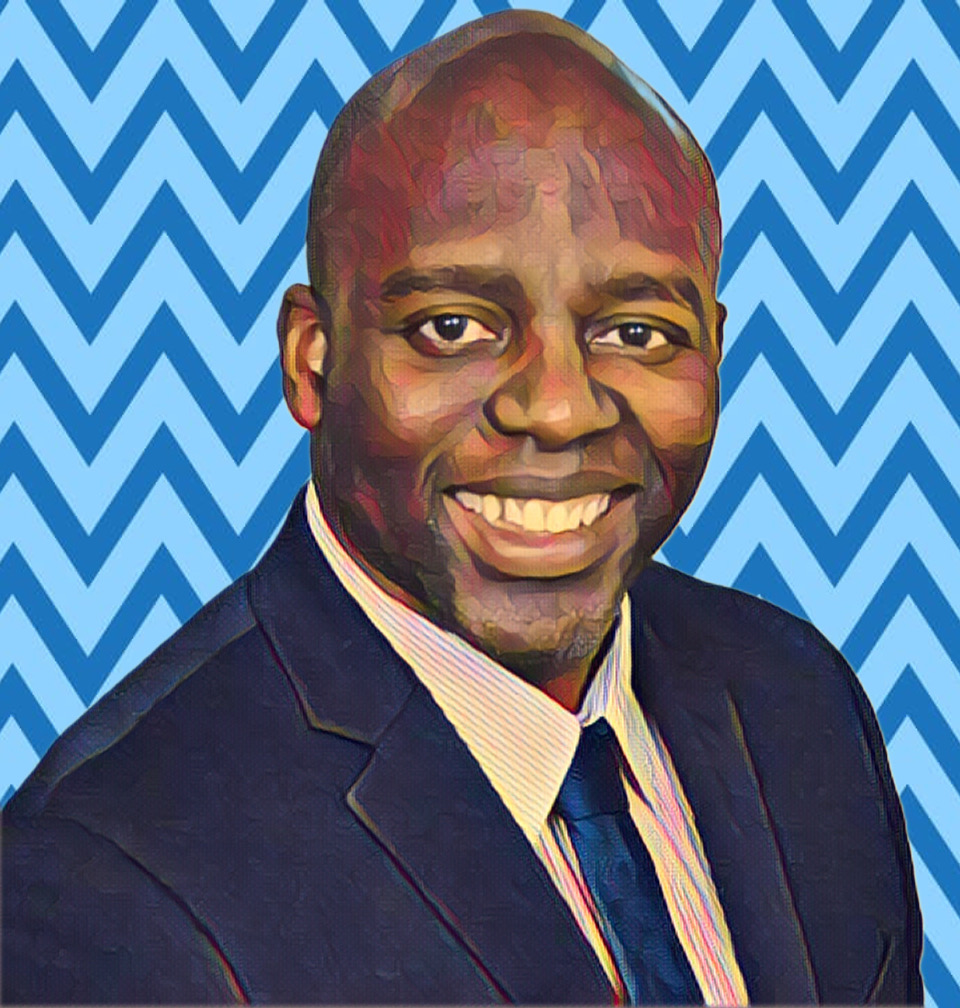Dr. John Osae-Kwapong, a respected figure at the Centre for Democratic Development (CDD) in Ghana and the Project Director of the Democracy Project, recently voiced concerns over the potential impeachment of Special Prosecutor Kissi Agyebeng. He argued that such a move could significantly erode public trust in Ghana’s anti-corruption efforts and suggested exploring administrative remedies to resolve the allegations against Mr. Agyebeng instead of impeachment.
This discussion arises in the context of a petition filed by Mr. Martin Amidu, the former Special Prosecutor, which calls for Mr. Agyebeng’s impeachment on various grounds. These allegations include procurement breaches, abuse of judicial processes, unjust arrests, and violations of the right to information, among others.
Dr. Osae-Kwapong shared his insights on an Accra-based television program, emphasizing the importance of maintaining integrity and public confidence in anti-corruption institutions. He questioned whether the allegations against Mr. Agyebeng truly meet the threshold for impeachment. “To remove the Special Prosecutor from office, the reasons must be egregious enough,” he stated. He also highlighted the danger of setting a negative precedent in the fight against corruption, which could deepen public skepticism.
During the televised discussion, Dr. Osae-Kwapong expressed doubts about the sufficiency of the allegations as grounds for impeachment. He believes that not all allegations necessarily rise to the level that justifies removing a Special Prosecutor from office. He advocated for using alternative administrative measures to address some of the less severe accusations, reserving impeachment for the most serious offenses that can irrefutably undermine the office’s integrity.
Joining the discussion, Madam Amanda Akuokor Clinton, a distinguished legal practitioner and Head of Chambers at Clinton Consultancy, also weighed in on the matter. She agreed with Dr. Osae-Kwapong regarding the procurement issues but found the other allegations by Mr. Amidu to lack the substance needed for an impeachment case. She referred to the Special Prosecution Act of 2017, which stipulates that a Special Prosecutor can be removed for misconduct, incompetence, or actions that bring the office into disrepute.
Madam Clinton specifically addressed the claims of judicial abuse by Mr. Agyebeng, characterizing his remarks about the judiciary as “measured” and akin to an “academic assessment” rather than misconduct. She warned that impeaching the Special Prosecutor on such grounds would set a dangerous precedent, potentially leading to the politicization of the office. Such a development, she argued, could subject future officeholders to similar political persecution, regardless of the governing party.
Adding to the discussion, Mr. Alhassan S. Suhuyini, a Member of Parliament for Tamale North and Deputy Ranking Member of the Lands and Forestry Committee, characterized Mr. Amidu’s petition as a subjective attempt to impose his standards on Mr. Agyebeng. He described the call for the Special Prosecutor’s removal as unrealistic and stressed the importance of addressing the raised issues through means other than impeachment.
The consensus among the discussants is that while the office of the Special Prosecutor is crucial for Ghana’s fight against corruption, the approach to resolving disputes or allegations should be cautious and measured. They advocate for maintaining the stability and integrity of the office by avoiding capricious or politically motivated removals. Instead, they suggest strengthening the mechanisms for accountability and oversight to ensure that the office operates transparently and effectively without succumbing to political pressures.
This debate highlights the delicate balance between holding public officials accountable and ensuring that anti-corruption agencies remain robust and free from political interference. The outcomes of this discussion could have significant implications for the perception and effectiveness of Ghana’s efforts to combat corruption at the highest levels of government. As Ghana continues to navigate these challenging waters, the international community and local stakeholders will be watching closely to see how the country upholds the principles of justice and integrity in governance.
Source: Ghana Web





1 comment
**mitolyn**
Mitolyn is a carefully developed, plant-based formula created to help support metabolic efficiency and encourage healthy, lasting weight management.